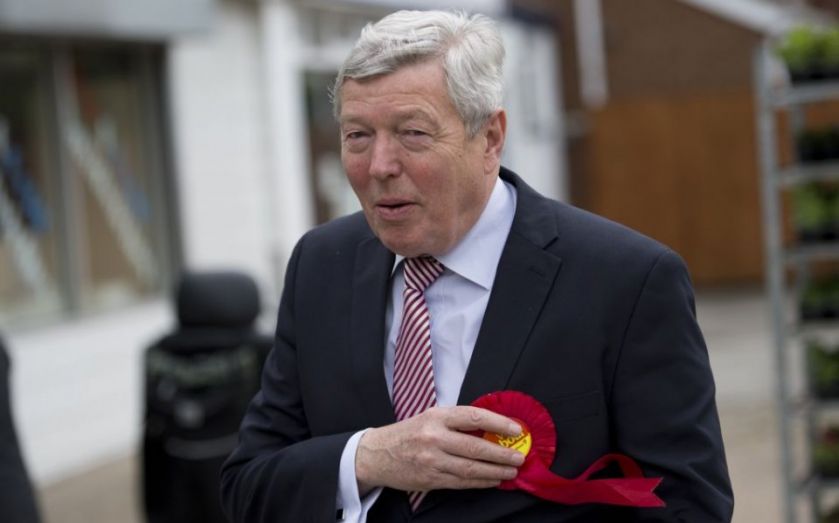EU referendum: Alan Johnson given role to head up Labour’s “yes” campaign

Former Labour cabinet minister, Alan Johnson, has accepted the role of leading Labour's "Yes" campaign during the EU referendum.
The Labour party veteran had repeatedly turned out Ed Miliband's approached to join the shadow cabinet, but said that Harriet Harman was "very persuasive" when talking to him about the campaign role.
Johnson said that he expected "a lot of different kinds of campaigns for a yes vote", but that Labour needed to have a "very clear" pro-EU voice.
Johnson described the move as the "most important political decision of my lifetime", saying it would be "momentous to leave an institution that is now 28 members strong and in which we have 40 years’ active membership.
His task is seen as important for Labour, which has to lead a pro-European message which would not isolate the thousands of voters who abandoned the party in favour of Ukip in the General Election.
Johnson told the Guardian:
This is not a return to the shadow cabinet, but Harriet is always very persuasive. There will be a lot of different kinds of campaigns for a yes vote, but I don’t think there has ever been an argument that Labour should not have its own campaign. As a political party we have to be very clear where we stand on this issue. I see this as the most important political decision of my lifetime.
It’s more important than the referendum decision in 1975 which almost felt like a decision to go in. I know we had been in the EU with six member states for a few years. But it would be much more momentous to leave an institution that is now 28 members strong and in which we have 40 years’ active membership, all at a time when the world is more interdependent. It would be a much more important and profound decision to leave, having been in.
Johnson said it would be "difficult" for Cameron to "bargain those rights away away". He added:
I also think there is only one person in Britain who wants a yes vote more than me, and this is David Cameron. When you are the Prime Minister, you see the full horror of Britain leaving the EU, and then it is no longer about rhetoric, debating societies, and party cliques.
Of course he wants to stay in. So he would be mad quite frankly to put at risk the support of millions of people dependent on those social rights. If he bargained those rights away he might fill one hole in, but then he will only have dug a deeper one, so my advice would be not to go there, but he probably knows that.
He said that Labour's pro-EU stance had to be straightforward, insisting that the party could not "play political games on this".